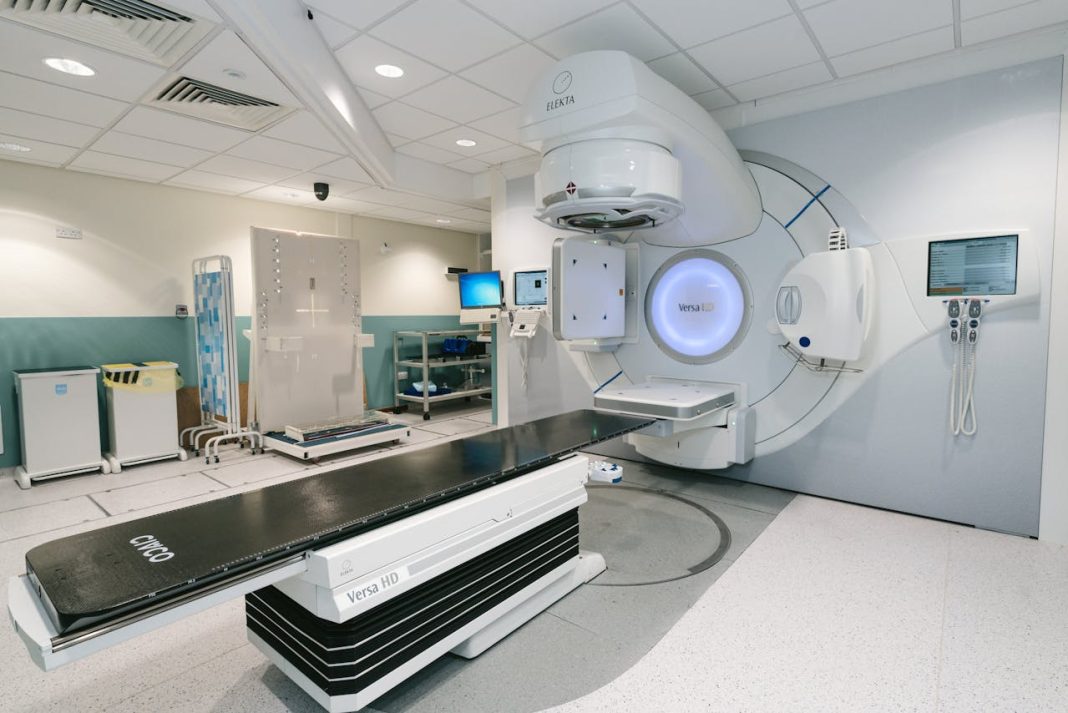For decades, traditional radiotherapy has been a cornerstone of cancer care, involving multiple sessions that expose tumors to radiation over several minutes. While effective at destroying cancer cells, this technique often causes collateral damage to nearby healthy tissue, particularly in delicate areas like the brain.
Flash radiotherapy is redefining this process. By delivering ultra-high doses of radiation in fractions of a second, it can precisely target tumors while minimizing harm to surrounding cells. Pioneered by Marie-Catherine Vozenin in the early 2010s, Flash therapy has already shown exceptional results in preclinical animal studies.
These studies revealed that Flash not only eradicates tumors but also dramatically reduces side effects such as organ damage and developmental challenges in pediatric patients. The method’s lightning-fast nature allows oncologists to administer higher radiation doses with reduced risk, potentially improving outcomes for stubborn cancers.
Promising human trials are currently underway, focusing on challenging conditions like metastatic cancers, glioblastomas, and recurrent head-and-neck tumors. These cancers are notoriously difficult to treat due to their complexity and the high risk of damaging healthy tissue, making Flash radiotherapy an exciting new option.
Proton therapy, a form of particle-based radiotherapy, has emerged as a leading contender for Flash applications. Protons can penetrate deeply into the body, making them ideal for targeting internal tumors while sparing nearby healthy tissue. Researchers are also exploring other particles, such as electrons and carbon ions, to expand the versatility of this approach.
Despite its promise, accessibility remains a significant challenge. Flash therapy requires advanced particle accelerators, which are both massive and expensive. Currently, only 14 facilities worldwide are equipped to provide this technology. Developing smaller, more cost-effective accelerators could pave the way for widespread adoption, making this ultra-fast cancer treatment a viable option for many patients in the future.
With continued innovation and investment, Flash radiotherapy could transform cancer care, offering new hope to patients facing some of the most difficult-to-treat cancers.















